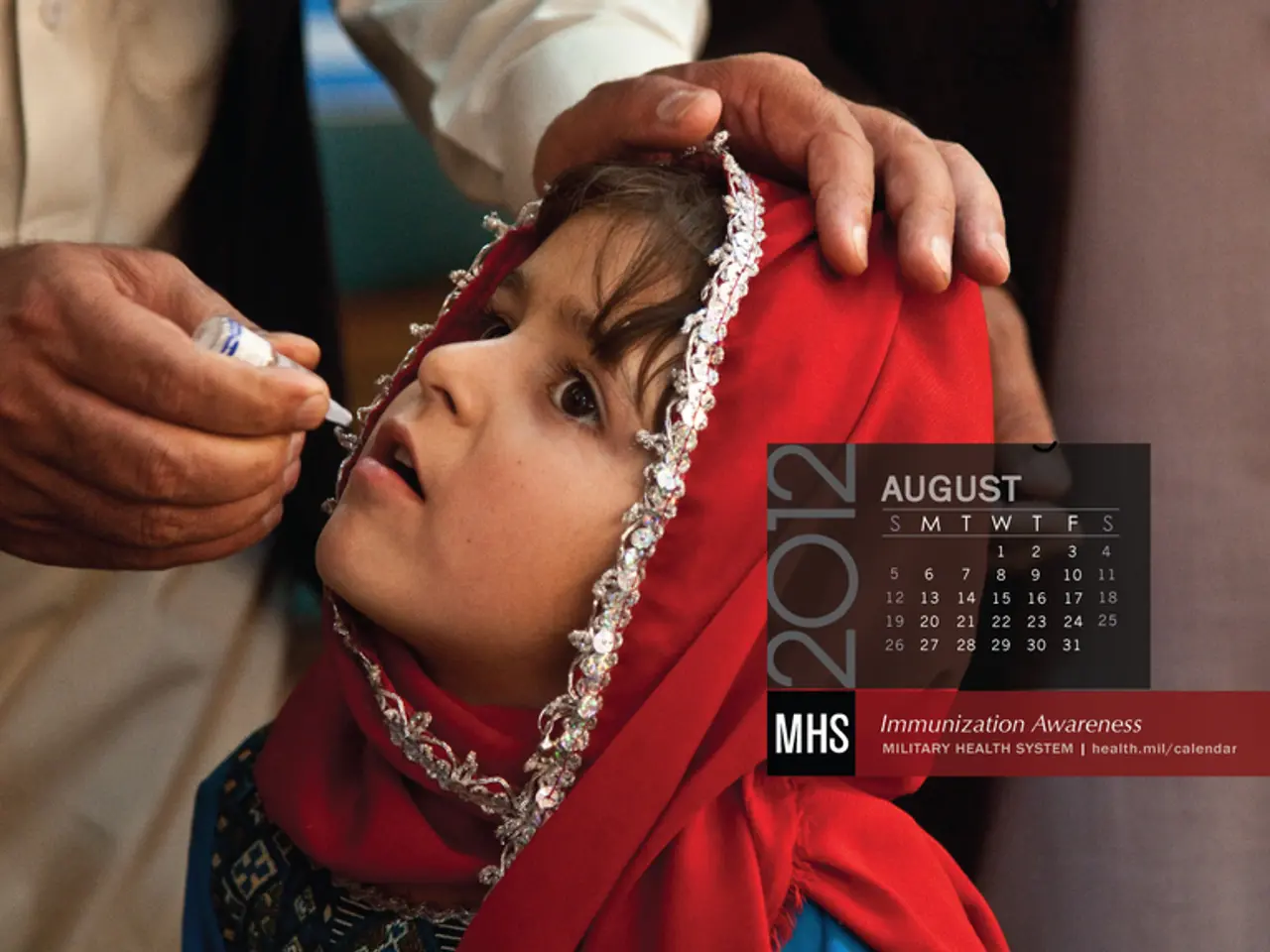A Call for Holistic Postpartum Care in Nigeria
Nigeria's Postnatal Health for New Mothers
In the vibrant heart of Africa, Nigerian mothers face unique challenges during the postpartum period, requiring specialized care and support. This article aims to shed light on the cultural nuances affecting postpartum care practices in Nigeria and propose strategies for promoting holistic well-being.
Cultural Nuances in Postpartum Care
- Omugwo Tradition: The "Omugwo" tradition, prevalent among the Igbo community, plays a significant role in postpartum care. This 44-day period, where the maternal grandmother or a family member provides care and nourishment, includes traditional dishes believed to enhance lactation and recovery [5].
- Societal Expectations: Nigerian mothers often face strong cultural expectations to be pillars of strength, which can hinder their ability to seek help for postpartum depression or other mental health issues [3].
- Cultural Beliefs and Misconceptions: Misconceptions about breastfeeding, such as the belief that it causes breasts to sag or that small breasts produce insufficient milk, are common [2]. Addressing these misconceptions is essential for promoting breastfeeding practices.
Strategies for Promoting Holistic Postpartum Well-being
- Cultural Integration
- Traditional Nutritional Practices: Encourage the use of traditional dishes like "Ukodo" and "Ofe Owerri" that are believed to aid lactation and recovery. These practices can be integrated into modern healthcare settings to respect cultural values while providing nutritional benefits [5].
- Involving Family and Community: Engage family members, especially maternal grandmothers, in postpartum care. This not only respects cultural traditions but also provides emotional support to new mothers [5].
- Health System Improvements
- Maternal Mental Health Support: Incorporate mental health screenings into routine postnatal care. This can help identify and address postpartum depression and other mental health issues early on [3].
- Breastfeeding Support: Implement policies that support breastfeeding, such as providing lactation rooms and flexible work arrangements. This can help counteract cultural myths and work-related challenges [1][2].
- Education and Awareness
- Health Education: Educate communities about the benefits of breastfeeding and dispel common misconceptions. This can involve using local media and community outreach programs [2].
- Male Involvement: Encourage fathers to support breastfeeding by promoting their involvement in postpartum care. This can help reinforce the importance of family support in breastfeeding practices [2].
- Policy Reforms
- Workplace Policies: Advocate for extended maternity leave and breastfeeding-friendly workplaces. This includes providing lactation rooms and flexible work hours to support nursing mothers returning to work [1][2].
- Healthcare Access: Improve access to healthcare services, particularly in rural areas, to ensure that all mothers can receive comprehensive postpartum care [4].
It is crucial for Nigerian mothers to prioritize their postpartum health for both their well-being and the well-being of their newborns. Early bonding between the mother and baby has numerous benefits, such as promoting a sense of security and reducing postpartum depression. Understanding the cultural nuances affecting postpartum care practices in Nigeria is important. By implementing strategies that respect cultural traditions while promoting holistic well-being, we can enhance the health and recovery of new mothers.
We invite Nigerian mothers to share their experiences with postpartum health and connect with others who may be facing similar challenges. Seeking support from loved ones, engaging in hobbies and leisure activities, and seeking professional help when needed are important strategies for emotional well-being.
References:
[1] World Health Organization. (2021). Maternity and Newborn Care. Retrieved from https://www.who.int/news-room/fact-sheets/detail/maternity-and-newborn-care
[2] UNICEF. (2021). Breastfeeding. Retrieved from https://www.unicef.org/nutrition/breastfeeding
[3] Postpartum Support International. (2021). Postpartum Depression. Retrieved from https://www.postpartum.net/about-ppd/
[4] World Bank. (2021). Health, Nutrition and Population. Retrieved from https://www.worldbank.org/en/topic/healthnutritionandpopulation
[5] Nnamani, C. C., & Uzochukwu, F. C. (2015). The Omugwo Tradition: A Review of the Practice and Its Impact on Maternal and Child Health in Southeastern Nigeria. Journal of Community Health and Allied Professions, 3(1), 1-11.
Emotional development in kids can greatly benefit from the strong bond formed between mother and baby during the postpartum period. Holistic postpartum care practices in Nigeria, like the Omugwo tradition, can aid lactation and recovery, integrating traditional dishes like Ukodo and Ofe Owerri [5]. To counteract cultural expectations that may deter Nigerian mothers from seeking help for mental health issues, incorporating mental health screenings into routine postnatal care is essential [3]. Addressing misconceptions about breastfeeding, such as the belief that it causes breasts to sag or that small breasts produce insufficient milk, can help promote breastfeeding practices [2]. Encouraging family members, especially maternal grandmothers, to be involved in postpartum care can provide emotional support to new mothers [5]. Health system improvements, including better access to healthcare services and workplace policies that support nursing mothers, are instrumental in promoting holistic postpartum well-being [1][2][4]. Seeking support from loved ones, engaging in hobbies, and seeking professional help when needed are important strategies for emotional well-being, and may help address the societal expectations that hinder mothers from seeking help [3]. A call for policy reforms, such as extended maternity leave and breastfeeding-friendly workplaces, can further enhance the health and recovery of new mothers [1][2].




